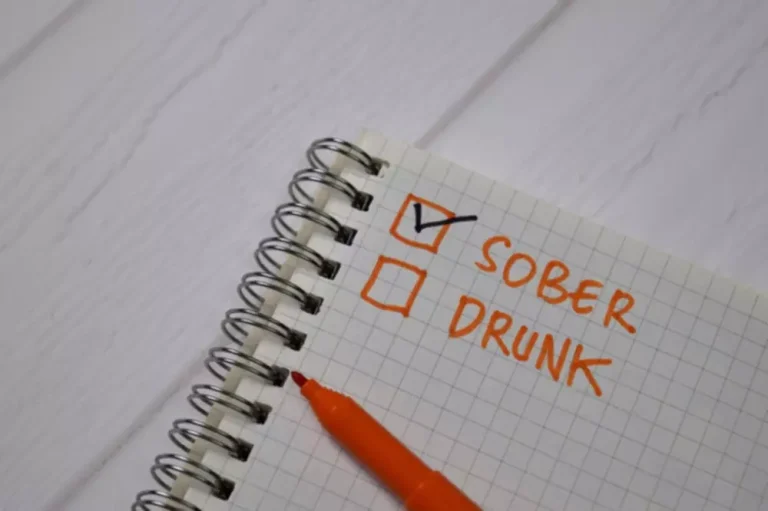Alcohol can also disrupt the balance of bacteria in your gut microbiome (the community of microbes that live in your digestive tract), leading to an overgrowth of certain bacteria that contribute to GI inflammation and diarrhea. Alcohol slows signals from the brain to the muscles responsible consequences of alcohol for the coordination and control of muscles involved in speech, leading to a noticeable slowing down or slurring of words when intoxicated. By promoting the release of these feel-good neurotransmitters, alcohol temporarily amplifies feelings of joy and lightheartedness.
Health Fast Facts
- Depending on how often you drink and how much, you may need support from a healthcare professional if you want to stop drinking.
- No matter how severe the problem may seem, evidence-based treatment can help people with AUD recover.
- Alcohol use disorder includes a level of drinking that’s sometimes called alcoholism.
As a result, they eventually need to drink more to notice the same effects they once did. With these conditions, you’ll only notice symptoms during alcohol intoxication or withdrawal. People who drink heavily over a long period of time are also more likely to develop pneumonia or tuberculosis than the general population.
- During this time, young adults may have an increased vulnerability for alcohol misuse and alcohol use disorder.
- Alcohol only takes a few minutes to reach the brain in an average, healthy person.
- As the body adapts to the presence of the drug, dependency and addiction can result.
- Each of those consequences can cause turmoil that can negatively affect your long-term emotional health.
- You probably already know that excessive drinking can affect you in more ways than one.
Treatment for alcohol use disorder
Long-term alcohol misuse can weaken your immune system, making you more vulnerable to serious infections. It can also weaken your bones, placing you at greater risk of fracturing or breaking them. After drinking 8 to 9 units of alcohol, your reaction times will be much slower, your speech will begin to slur and your vision will begin to lose focus. Alcohol is a powerful chemical that can have a wide range of adverse effects on almost every part of your body, including your brain, bones and heart.
Alcohol poisoning
If you think that someone has alcohol poisoning, seek medical care right away. The support of friends and family is important in the journey to recovery from alcohol use disorder (AUD). As of 2021, 29.5 million people aged 12 and older had an alcohol use disorder in the past year. If you are on any medications, talk to your health care provider about how alcohol may affect them. NIAAA Director George F. Koob, Ph.D., said that as of May 2023, the institute is not aware of specific health guidelines on alcohol consumption for transgender or gender-nonconforming individuals. The National Institute on Alcohol Abuse and Alcoholism (NIAAA) has information on how alcohol impacts your health.
What Does Alcohol Do to Your Body? 9 Ways Alcohol Affects Your Health
Damaged DNA can cause a cell to grow out of control, which results in cancerous tumors. Pancreatitis can be a short-term (acute) condition that clears up in a few days. But prolonged alcohol abuse can lead to chronic (long-term) pancreatitis, which can be severe. As the body adapts to the presence of the drug, dependency and addiction can result. If consumption stops suddenly, the person may experience withdrawal symptoms.
What is AUD?
The short-term effects of alcohol appear quickly, typically within minutes after consuming your first drink. As you drink an alcoholic beverage, alcohol moves into your bloodstream through the stomach and small intestine. Binge drinking is drinking enough alcohol to raise one’s BAC to 0.08% or above. Women typically reach this level after about four drinks and men after about five drinks in two hours. Binge drinking—and heavy drinking—is a type of alcohol misuse (a spectrum of risky alcohol-related behaviors). Beyond these physical and mental health risks, frequent alcohol misuse also is linked with personal problems, such as losing one’s driver’s license or having relationship troubles.
Long-term effects
Some examples include behavioral treatments, support groups, and FDA-approved medications. NIAAA can help people find information and resources about AUD and treatments that might work best for them. Because denial is common, you may feel like you don’t have a problem with drinking.
- Call 911 for help if you suspect someone is experiencing alcohol poisoning.
- It’s also why alcohol can make you feel sleepy or drowsy, especially as your blood alcohol concentration rises.
- Alcohol poisoning can quickly become life-threatening and requires prompt medical treatment.
- Many young adults have greater freedom and independence, and they take on more responsibility as they enter the next chapter of their lives.
- Poorer individuals experience greater health and social harms from alcohol consumption than more affluent individuals.



